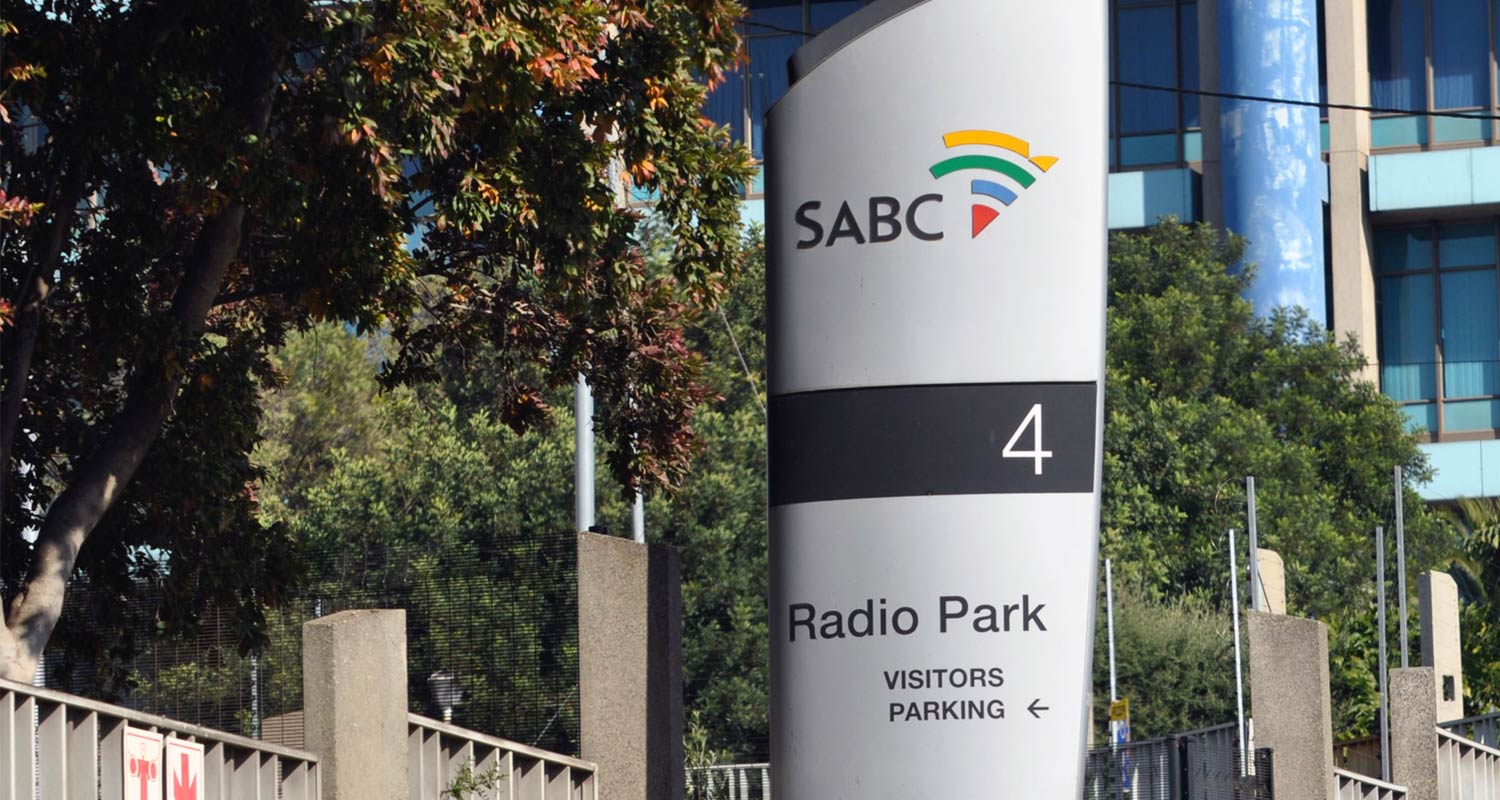 Both sides of the political spectrum in South Africa agree that funding is the single most pressing problem with the new SABC Bill, judging from submissions made to a parliamentary portfolio committee this month.
Both sides of the political spectrum in South Africa agree that funding is the single most pressing problem with the new SABC Bill, judging from submissions made to a parliamentary portfolio committee this month.
Afrikaner civil rights organisation AfriForum is advocating for the privatisation of the SABC, saying mismanagement, financial struggles and past instances of corruption at the public broadcaster would be addressed through private management, bringing accountability and operational effectiveness that has been lacking in recent years.
It proposes discontinuing TV licences, as the current TV licence system has proved to be ineffective, and says this would encourage innovative funding solutions.
“An alternative source for funding could be through partnerships, sponsorships and collaboration with private entities. AfriForum envisions the SABC actively engaging with the private sector to secure financial support, which could include sponsorships for specific programmes, partnerships for events and collaboration with businesses. By diversifying its revenue streams, the SABC would be able to reduce its reliance on direct contributions from citizens.”
The public broadcaster has acknowledged it is struggling to manage its affairs as revenue declines: it recorded a R1.1-billion loss for 2023. The bill aims to “regulate the continued existence of the SABC to provide public broadcasting services that contribute to democracy, development of society, gender equality, nation-building, the provision of education, and to strengthen the spiritual and moral fibre of society”.
Commercial interests
One of the solutions suggested by the SABC Bill is to create a subsidiary company to manage its commercial television and radio stations, but nothing else about the bill is new. When it was introduced in parliament on 2 October 2023, it drew howls of condemnation from industry experts, who said it is merely a rehash of existing broadcasting legislation that achieves little to help the ailing public broadcaster.
Despite the funding crisis, the bill continues to propose that the SABC should be funded from advertising, subscriptions, sponsorships, licence fees, government, donations or “any other amounts to which the corporation may become entitled”.
Read: SABC funding can ‘kicked down the road’
Head of the Gibs Media Leadership Think Tank, and a former SABC board member, Michael Markovitz described the bill as “very disappointing”. There is no policy change here – and up until now this has not helped to make the public broadcaster solvent, he said.
The Democratic Alliance is also opposing the opposing the bill on the grounds that it does not provide a new funding model but instead creates a subsidiary commercial company and board, “which are not tasked with the SABC’s broadcasting and financial sustainability and are hence inexplicable”.
 “Urgent change is required to the SABC’s funding model and is long overdue. With the SABC facing such financial unsustainability, one would think that new legislation would present a new funding model. The bill does not, and instead tasks the minister with developing a new funding model within three years of the bill’s commencement,” the DA said.
“Urgent change is required to the SABC’s funding model and is long overdue. With the SABC facing such financial unsustainability, one would think that new legislation would present a new funding model. The bill does not, and instead tasks the minister with developing a new funding model within three years of the bill’s commencement,” the DA said.
The party said this “not only provides further uncertainty for the SABC’s finances, but also threatens its independence”.
“The SABC’s finances are an existential challenge, as should it be unable to turn its finances around, it will be unable to execute its mandate.”
Read: Hlaudi Motsoeneng refuses to pay back SABC millions
The bill creates a subsidiary commercial board, appointed in consultation with the minister, which is not appointed by parliament and thus threatens the SABC’s independence. Nor does it provide the president with time limits on appointments to the SABC board, the DA said. – © 2024 NewsCentral Media




